The last thing I expected was to confuse a real life person in the memoir Tell Me The Dream Again with a fictional character in Tomorrow, and Tomorrow, and Tomorrow. People often joke that all Asians look the same, and I can fall into that trap too despite my own heritage. But how could this same confusion happen in the written word?
Tasha Jun’s memoir is about growing up biracial in the United States.
Gabrielle Zevin’s novel is about the complicated friendship between two brilliant video game designers.
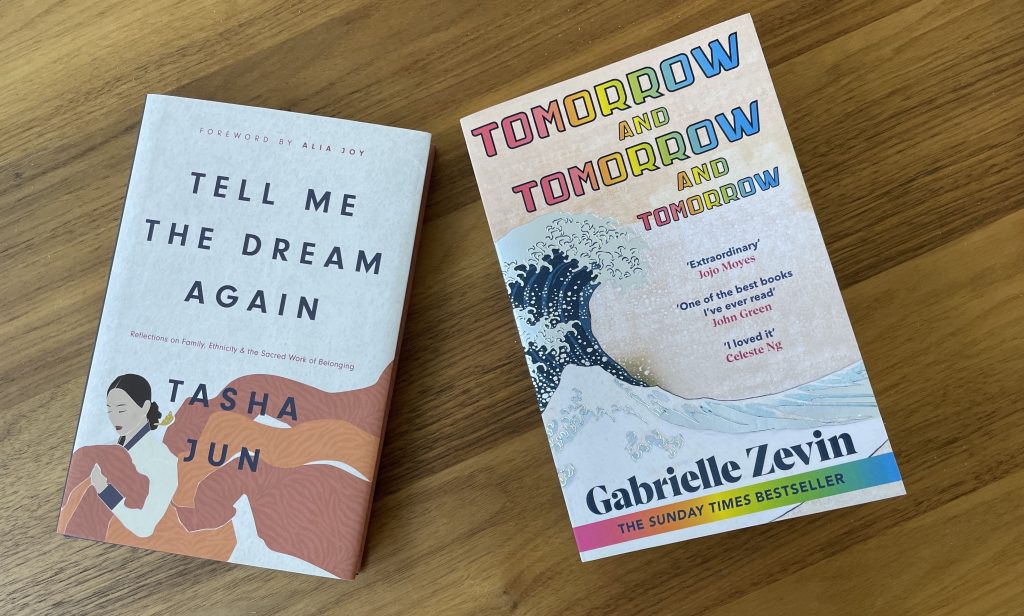
The books are completely unalike, with one exception: they both feature a Korean mother.
Korean mums
As you might expect, Tasha Jun’s Korean mother features prominently in her personal reflections about being biracial in the US. Meanwhile, Sam, a protagonist of Gabrielle Zevin’s bestselling novel, also has a Korean-American mother.
Somehow, because I was reading both books simultaneously, on more than one occasion I’d remember something about the Korean mother and be unsure about whether it was Tasha’s mum (a real Korean War survivor) or Sam’s mum (a fictional actress).
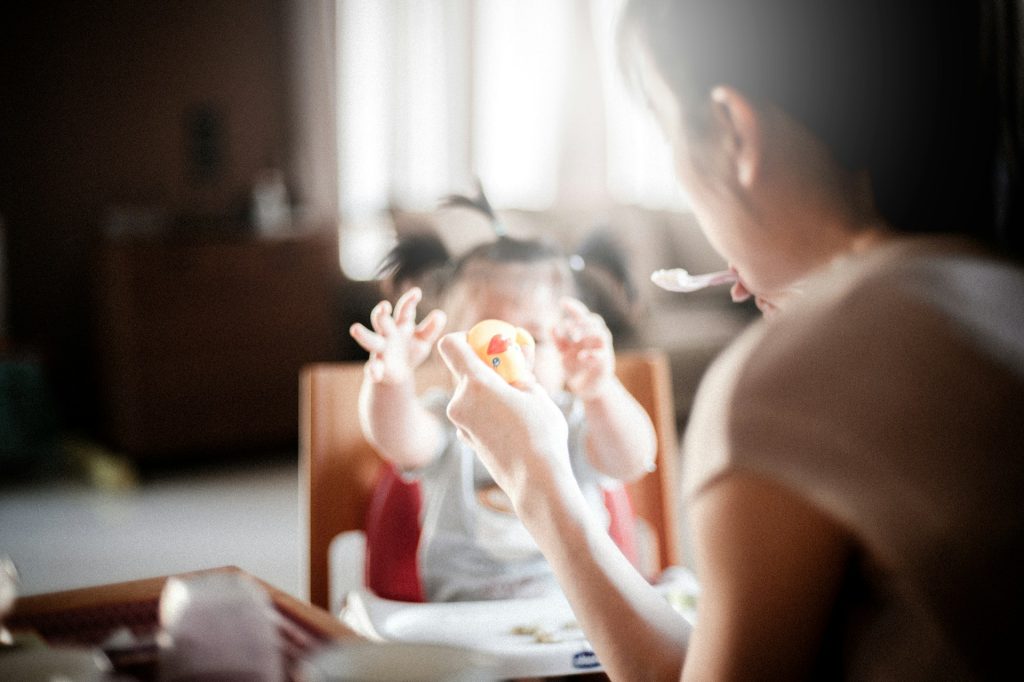
As I turned the final pages of each of these books, it seemed such a coincidence that biracial Korean-Americans featured so prominently not only in Jun’s personal reflections on being biracial, but in Zevin’s fictional work. It turns out Gabrielle Zevin, like her protagonist, has a Jewish father and Korean mother.
So both authors are biracial, with a Korean mother. Yet the biracial experience in one book looks nothing like in the other.
Racism in fact and fiction
In recent times, race has become a real lightning rod in the US, first with Black Lives Matter then Asian Lives Matter. Not to say that race hasn’t always been an underlying tension and area of injustice, but progressives have been especially vocal of late. It’s spilled into literature as much as public discourse in a big way.
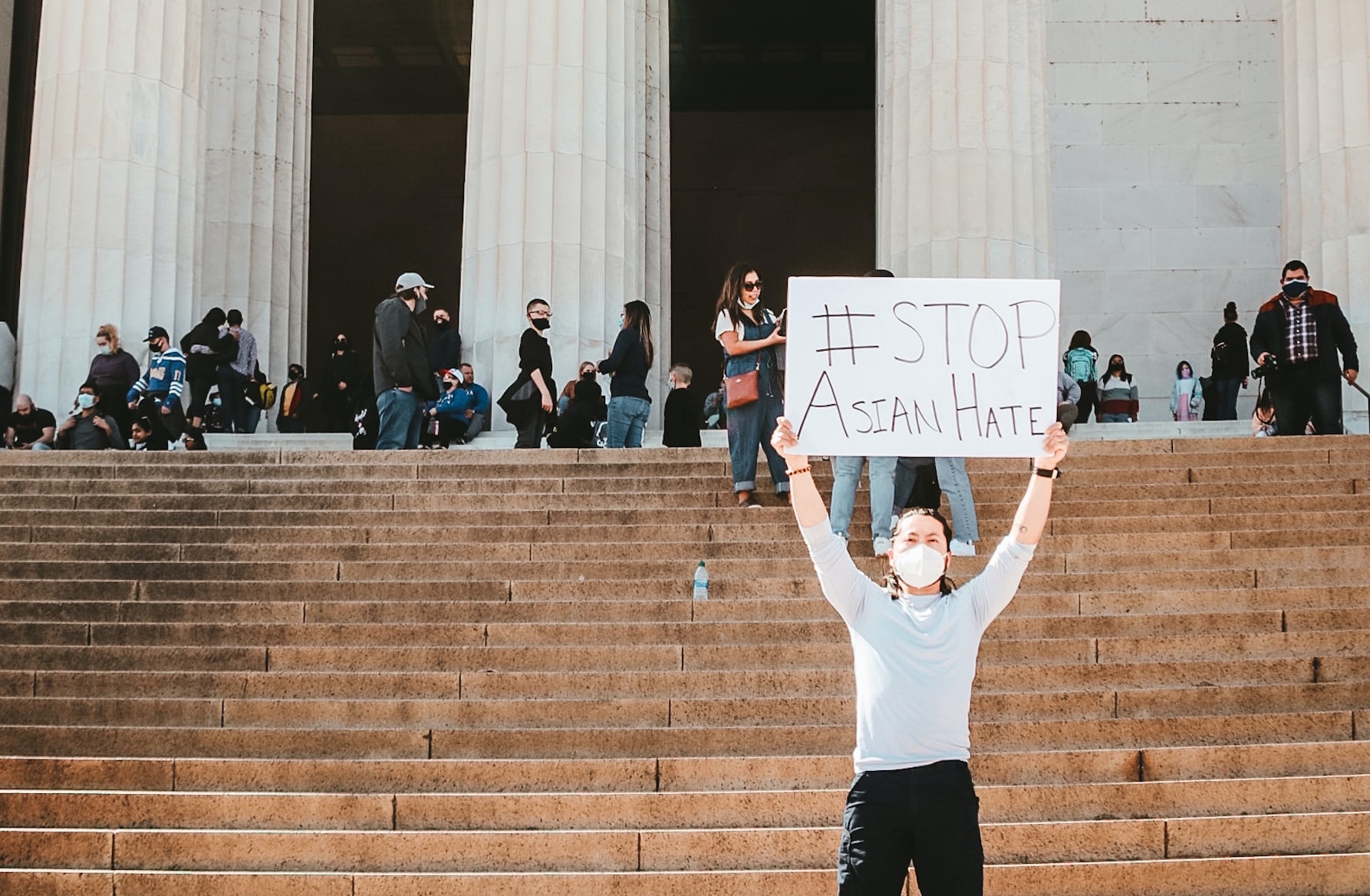
I’m seeing more and more Asian-American and Asian-Australian writers publish novels drawing on Asian culture and mythology, for example. Many of these works, including Babel which I reviewed last year, tackle racism and colonialism as a major theme. This is an undercurrent in both novels, though Tell Me The Dream Again more clearly revolves around this topic.
I’ve previously written about how I have made my ethnicity incidental to my identity. It means I find this new wave of Asian pride novels kind of bemusing. Seeing that my experience was unlike that of many Asian immigrant children, I wondered if I might have more in common with biracial kids.
Yet as I read Jun’s memoir, it surprised me how much racism she experienced. Somehow I had always thought it was easier for Eurasians than for first or second generation Asians living in the West. It also surprised me how much her Koreanness meant to her identity. Both in hiding her Koreanness as a child and in embracing it as an adult, she presents her ethnicity as being fundamental to who she is.
It’s a striking contrast to Tomorrow, and Tomorrow, and Tomorrow, where protagonist Sam’s Korean ancestry emerges very casually. In fact, he’s introduced in the first two lines of the novel as Jewish. You don’t know he’s Korean until you meet his grandparents running a pizza place in K-Town, Los Angeles. Later, we learn more about Sam’s Korean-American mother Anna, and some of the racism she endured as an actress. But that’s about it.
The verdict on Tell Me The Dream Again
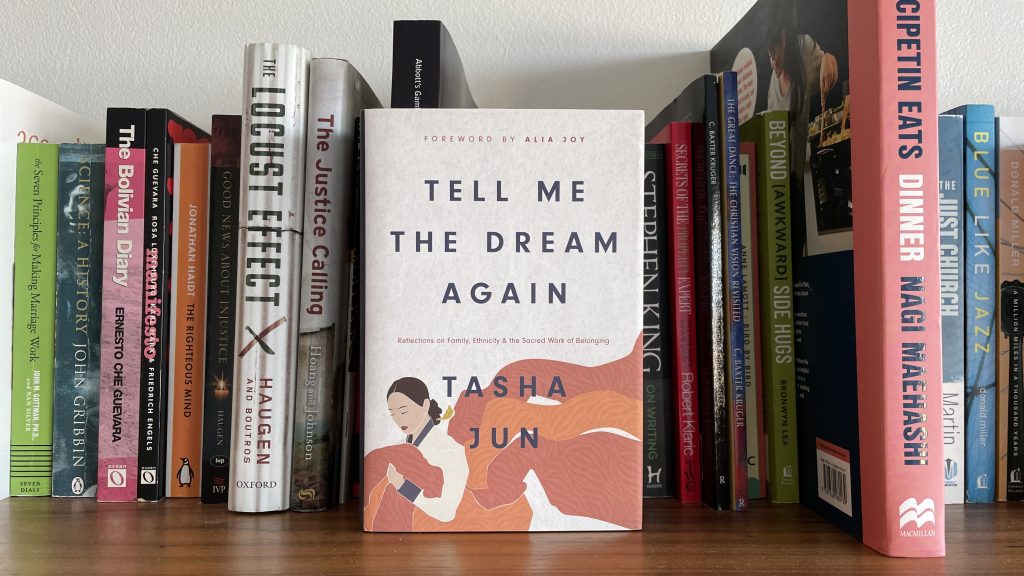
Jun’s memoir is good-ish but it left me a little disappointed because I expected to find more of myself in her story. This quote is probably the closest I got to thinking, “Yes, me too”:
Outside of a few words and phrases, we didn’t speak Korean to one another when I was young. However, the language has always pulled at me like a map that promises to show the way home. I can pick it out on a busy street. I know the curves and movements of its sound. I’m convinced it rests deep within me, asleep and tangled in the beating muscle fibers of my heart.
Tell Me The Dream Again by Tasha Jun
Strangely, I feel this way not only about Cantonese, the mother tongue I have a basic grasp of at best, but also of Spanish, the language I gained fluency in as an adult.
My overall impression of the memoir is that it is full of a kind of angst that is alien to my own experience. As a child, Jun was ashamed of Korean food smells filtering out of her kitchen when friends came over. She was teased for her mildly Asiatic features – which surprised me, because looking at the photo on the book jacket, I wouldn’t have guessed she was “not white”. Meanwhile I, despite being 100% Asian, never had classmates making fun of my appearance.
I’m not trying to discredit the reality of her experience. I just feel weird about it, like I don’t know how to feel except relieved and blessed, sad for her, and maybe a bit confused that our experiences don’t line up.
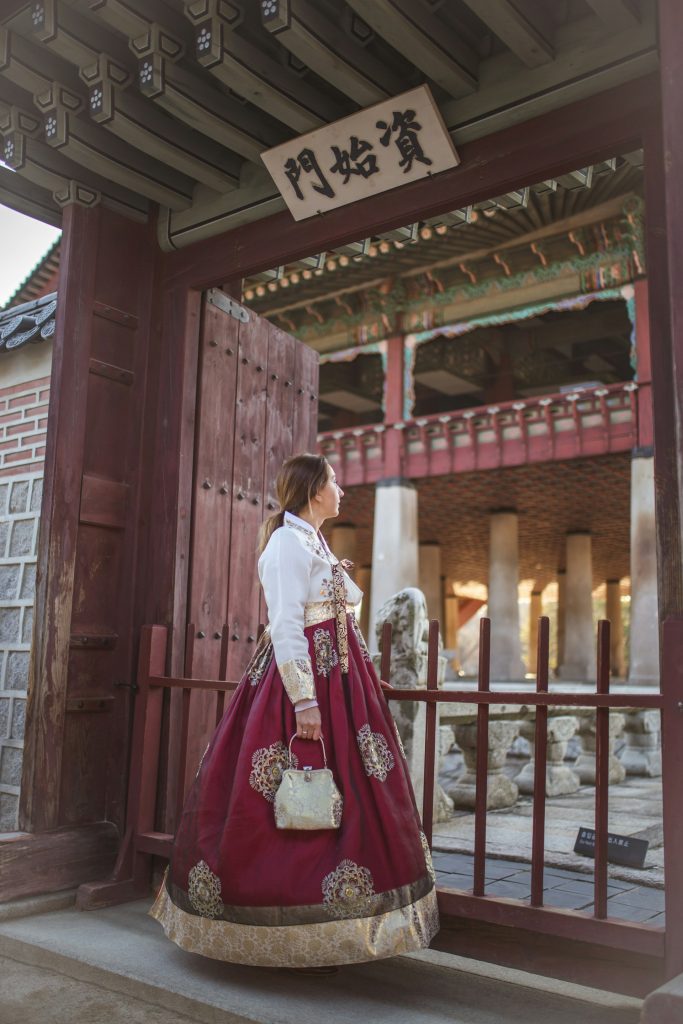
A key theme is the author’s struggle to accept her heritage. The fact that God made her Korean, and that this is a good thing, comes to her as an epiphany after decades of shame. It’s tragic that a truth so obvious took her so long to see and embrace. One of the reasons she gives for her struggle is that the Church is structurally racist and the pressure to assimilate is oppressive. This is not something I have experienced, and so neither this argument nor her epiphany around her own identity felt very compelling to me. It just felt woke.
What was compelling was Jun’s mother’s story, history and culture. This book gave me a sense of the tragedy and overcoming woven into the lives of everyday people who survive war and cross borders to rebuild their lives in a new country, speaking a new language. Tell Me The Dream Again is a moving tribute to the author’s brave and resilient mother. It hints at many secrets and unspoken things, leaving me wanting to read more about this remarkable woman. Perhaps I would have preferred a biography to a memoir.
The verdict on Tomorrow, and Tomorrow, and Tomorrow
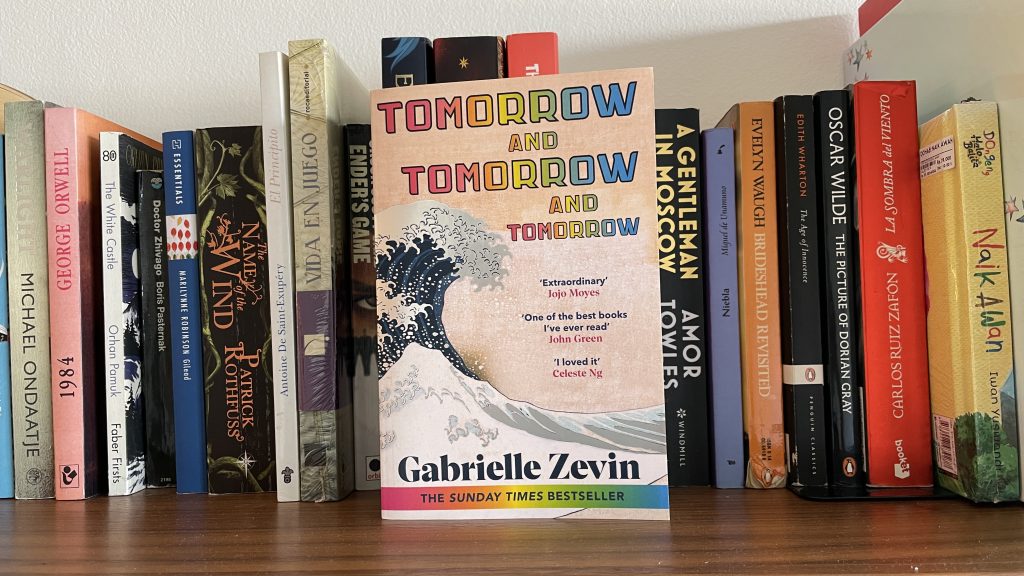
The hype around this novel is deserved. It’s smart and creative, experimenting with form in a way that feels more natural than pretentious. Can a part of a novel told entirely in the second person be endearing and not read like a tacky choose-your-own-adventure? Can the gaming concept of a NPC (non-player character) play a narrative function and also carry philosophical weight? Here, the answer is yes.
… Okay, so maybe Zevin’s novel is a little pretentious – but just the right amount for someone like me. I loved the video game discussion and underlying philosophy which absorbs many a gamer.
I was impressed by the depth of the characters and their interactions. Zevin’s attention to detail makes them and their world rich and believable, without being tedious. The cover description of this being a story about love, but not a romance, is accurate. I’d say the novel is really about the desire to connect and belong.
The downsides? Sam is a jerk. I suspect his limp is a necessary pity device to make his character sympathetic, although the circumstances that led to it aren’t superficial – they do drive the narrative forwards. Ultimately, it didn’t stop me from enjoying the story at all, or from caring about what happens with him and Sadie (also flawed).
I could relate a little to Sam’s mother Anna. She was a first-generation Asian woman raised in a Western country, who pursues an unconventional career path with supportive parents. She’s not unlike Sasha and Marcus in Always Be My Maybe, whose ethnicity is mostly incidental after the opening childhood scenes.
But the character I actually connected with the most was Marx: Sam’s privileged half-Japanese half-Korean roommate and friend.
You have had many lives. Before you were a tamer of horses, you were a fencer, a high school chess champion, an actor. You are American, Japanese, Korean, and by being all of those things, you are not truly any of those things. You consider yourself a citizen of the world.
Tomorrow, and Tomorrow, and Tomorrow by Gabrielle Zevin
Marx is a side character and could be accused of being too perfect or boring. I’m not sure what this says about my sense of self.
*
Beyond the fact that I identify more with Marx than with Tasha, I suspect the themes woven through Tomorrow, and Tomorrow, and Tomorrow resonate more with me. I can relate to the 90s and video games. And I can relate to the desire to connect and belong, to find and use your talents.
Funny how fiction really can feel truer than real life. .
Header image: Johen Redman.

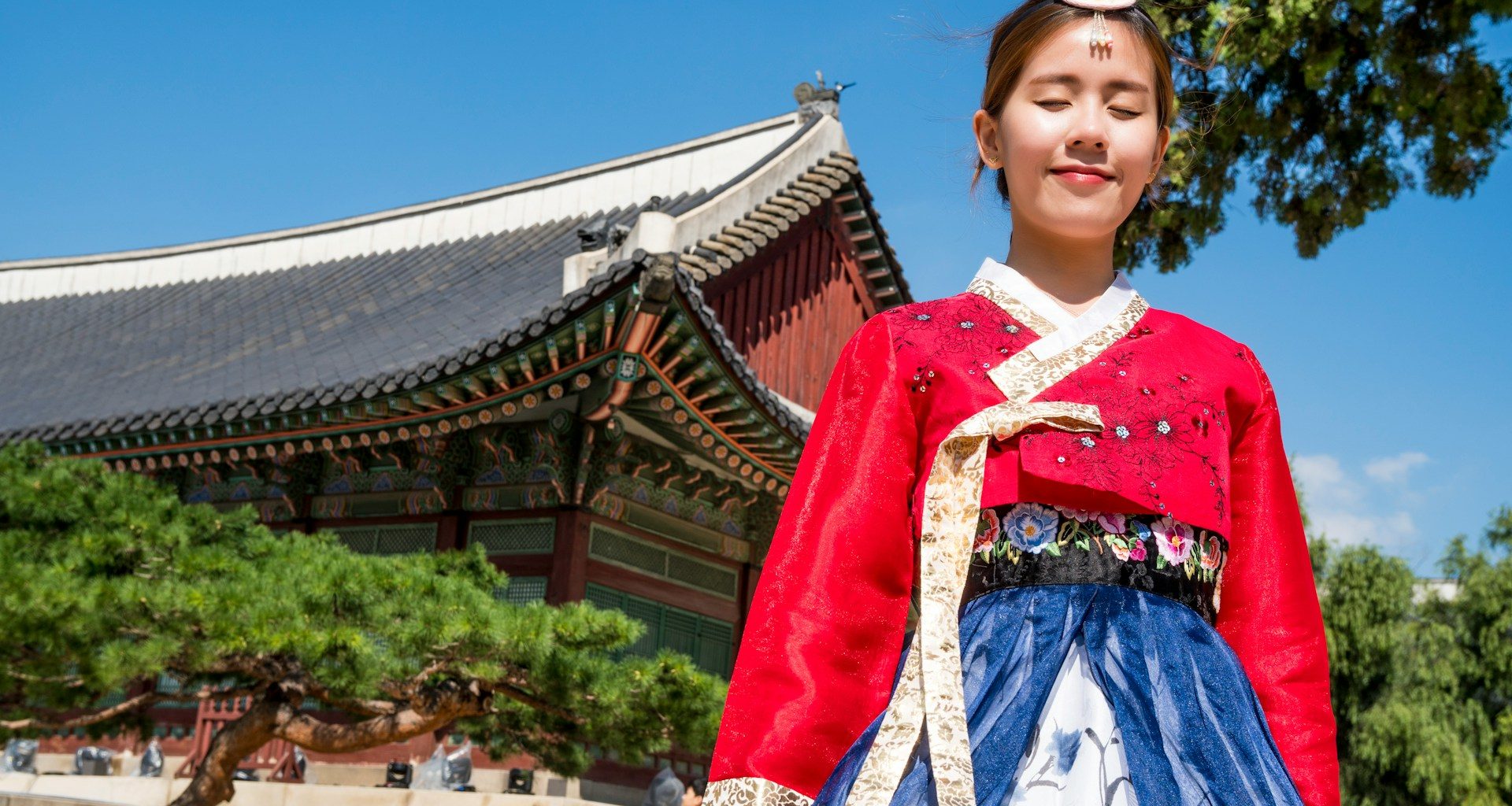
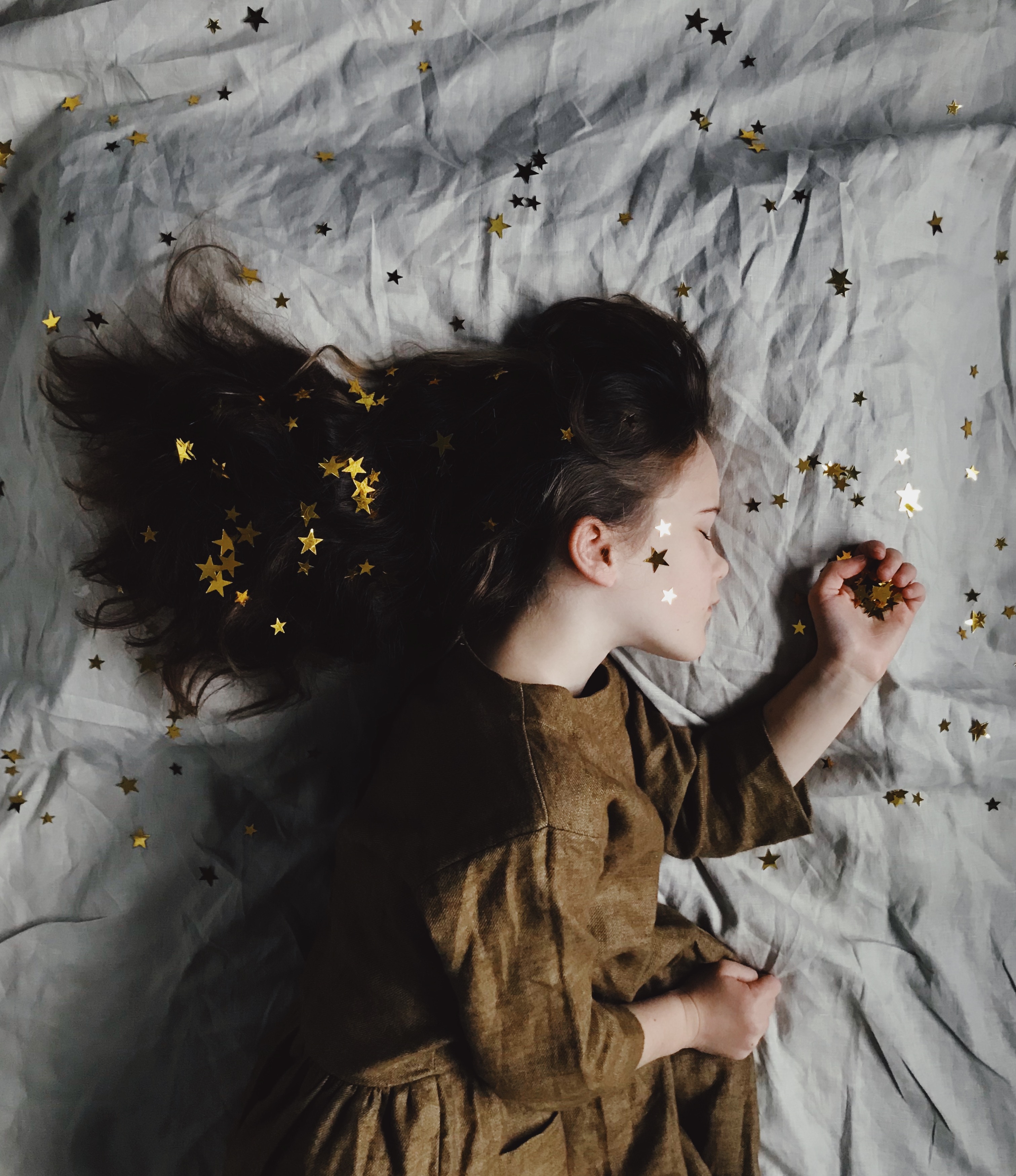
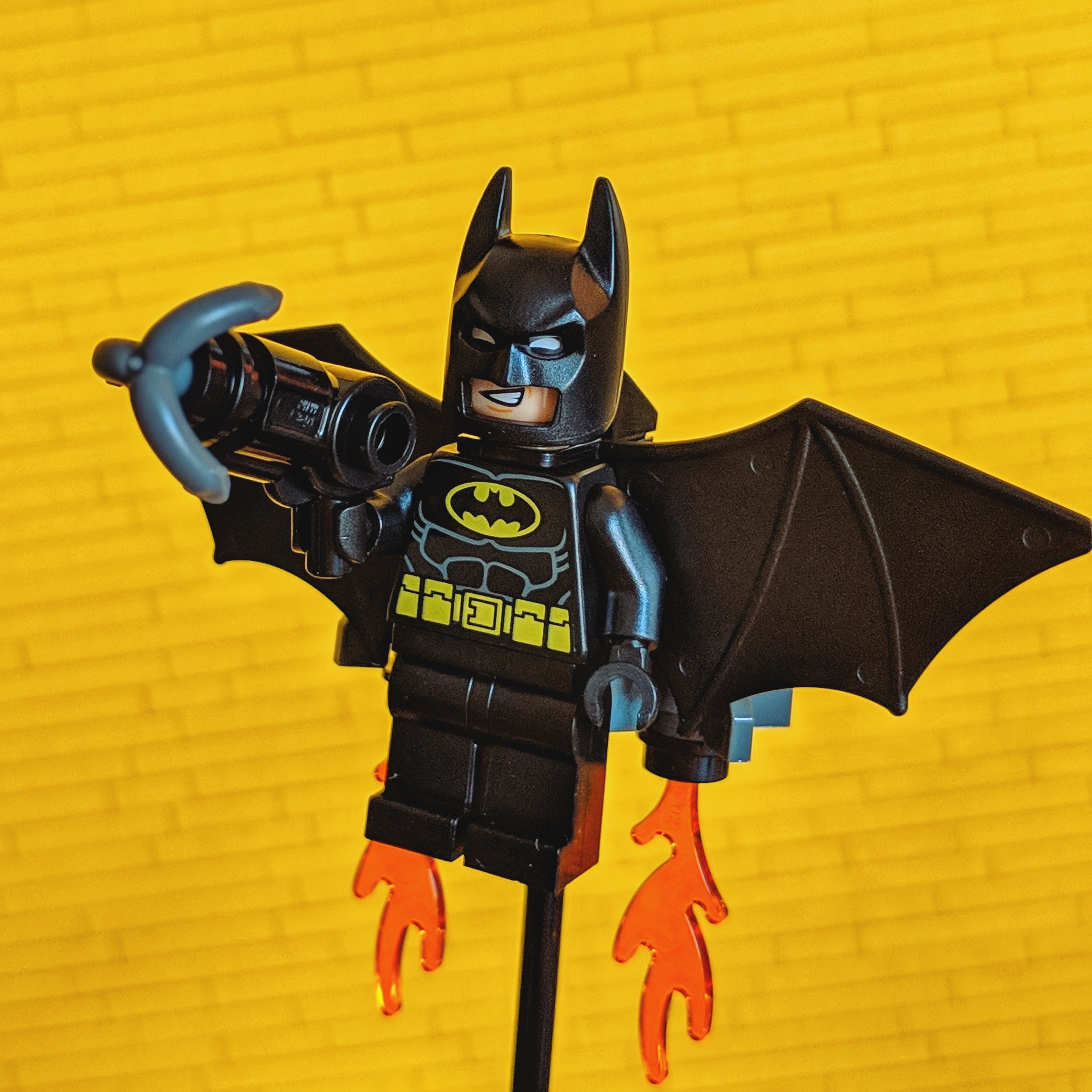
2 comments
I think that you did not experience the racism when you were growing up is because you lived in Canberra where it is more sheltered.
I think you are right and I was very lucky? In less polite places, I do wonder if it’s the same or any different for half-Asian vs 100% Asian people, though.